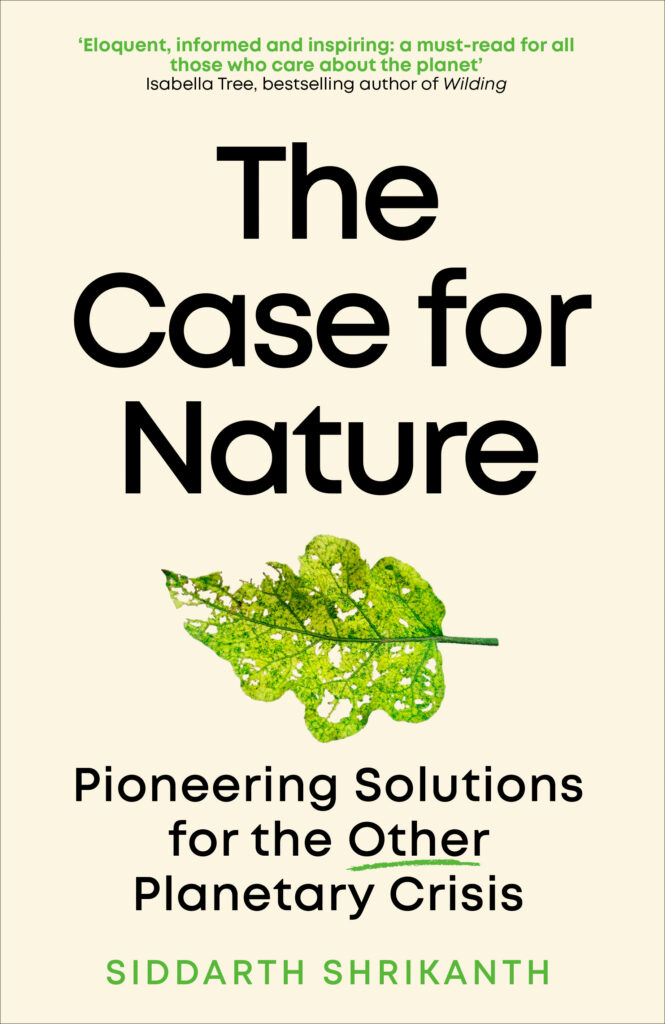
Valuing nature: Siddarth Shrikanth on the cause for optimism
The Case for Nature author Siddarth Shrikanth explains how changes in policy have led to positive outcomes for environmental causes across the globe.
The message at the heart of The Case for Nature is simple: that nature is priceless, but that we need to find and refine the ways in which we value the Earth’s life support systems.
As the book is released in paperback this month, the ideas in it continue to be brought to life by policymakers, entrepreneurs, scientists, and activists. Despite the disappointments and false starts, there was plenty of cause for hope and optimism over the past year.
There was plenty of cause for hope and optimism over the past year
Policy is one realm that has seen progress. Modern markets don’t come into existence on their own; they are created and regulated by governments and other independent bodies.
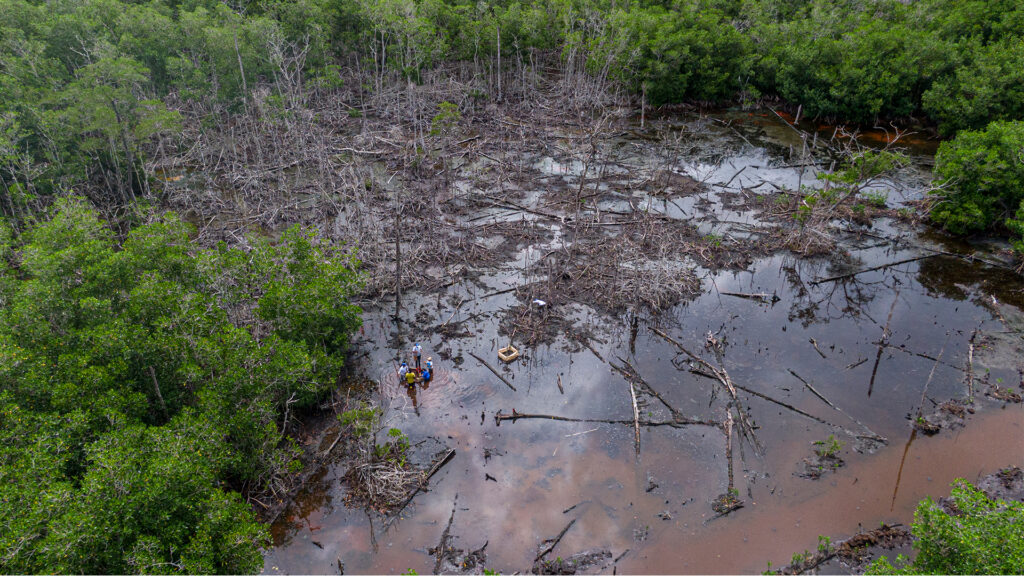
On one hand, we have seen the continued growth of regulated markets that demonstrate the potential for policy to direct economic incentives towards sustainable outcomes, effectively pricing externalities and encouraging investments in natural assets.
The new set of policies on biodiversity net gain (BNG), introduced in England just months ago, exemplifies this vision.
Policy is one realm that has seen progress
Mostly unheralded elsewhere, BNG shifts the longstanding, substantial mitigation banking markets from merely offsetting environmental harm to actively enhancing biodiversity by mandating that housing or infrastructure developers both compensate for damage and create at least a 10% “net gain” in biodiversity.
While implementation challenges remain, this first-of-its-kind market for nature uplift is already inspiring similar efforts elsewhere and adding further momentum to the rewilding movement in the UK, which remains one of the most nature-depleted countries on Earth.
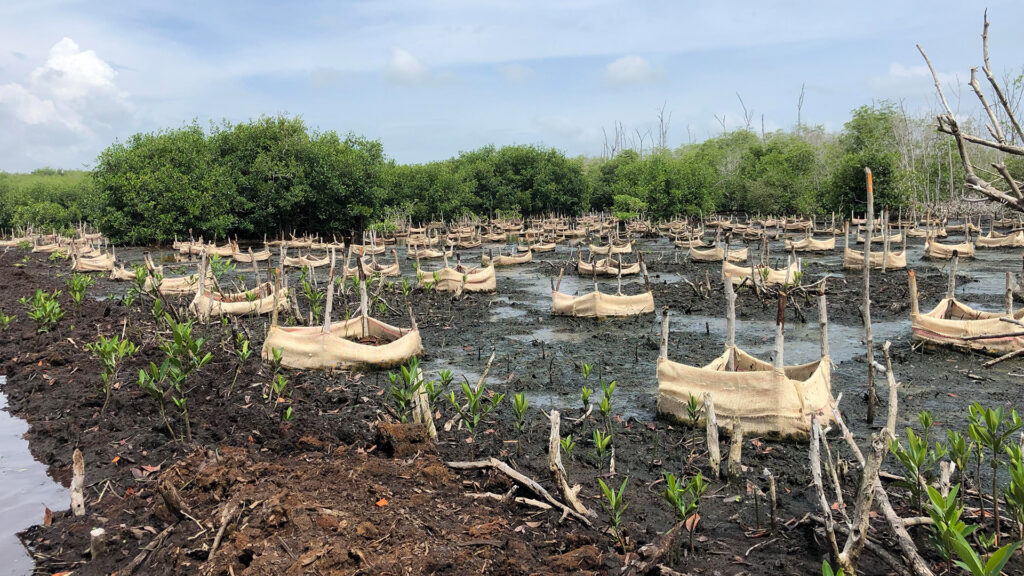
Globally, efforts to combat deforestation are showing results. Countries including Indonesia and Brazil have made substantial reductions in deforestation, driven mostly by enforcing existing laws rather than creating new ones.
The EU’s stringent new trade regulations are set to require that suppliers demonstrate that the products they sell into the single market are deforestation-free.
Globally, efforts to combat deforestation are showing results
In all these cases, regulators are merely tweaking the rules that govern markets for commodities like palm oil, beef, or timber, and implicitly valuing the other, non-extractive services that nature provides: carbon storage, water cycling, and so on.
New requirements for corporates to disclose their nature impacts are also a step in the right direction.
The landscape-scale public-private partnerships I wrote about are also expanding. Blue Forest, a US nonprofit which uses innovative financial tools to restore ecosystems by connecting investors and beneficiaries of wildfire prevention, is scaling up across the US and looking further afield.
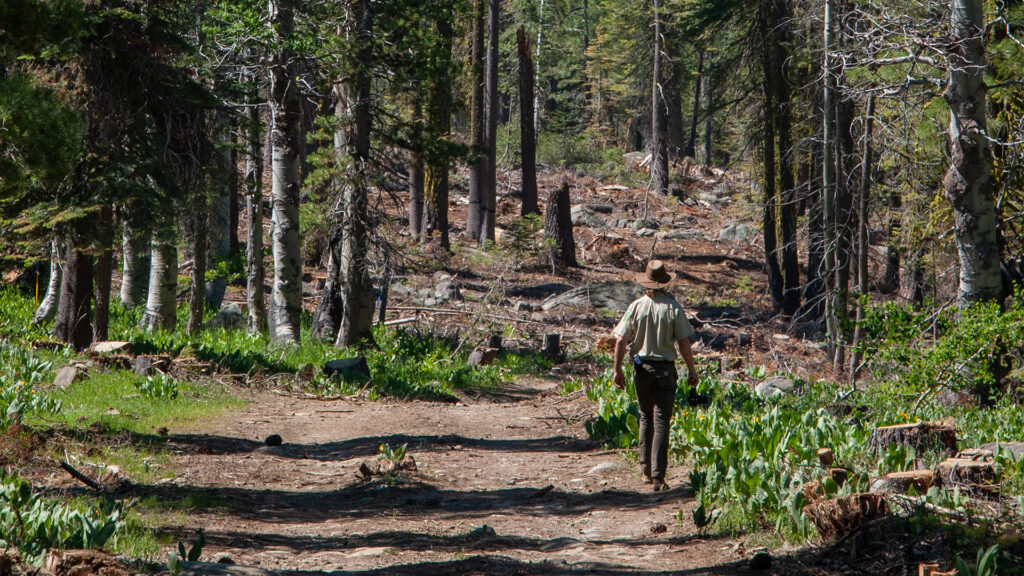
Many of the city governments I mentioned have continued to expand their efforts to restore nature, improve their resilience to flooding and extreme heat, and enable healthier, happier lives for residents.
New requirements for corporates to disclose their nature impacts are also a step in the right direction
More broadly, the conversation on nature is broadening to include the food system, which depends ultimately on soil health and ecosystem services like pollination and water availability to feed the world.
The past year has seen renewed efforts by large companies, governments, and entrepreneurial ventures to accelerate the adoption of regenerative agricultural practices, which work with rather than against nature to bring life back to degraded soils and wean global agriculture off its dependence on fossil fuel-derived chemical inputs.
While there is a long way to go, farmers are recognizing the benefits these practices can bring not just to biodiversity on their land but to their bottom lines and the resilience of their operations in a rapidly changing climate.
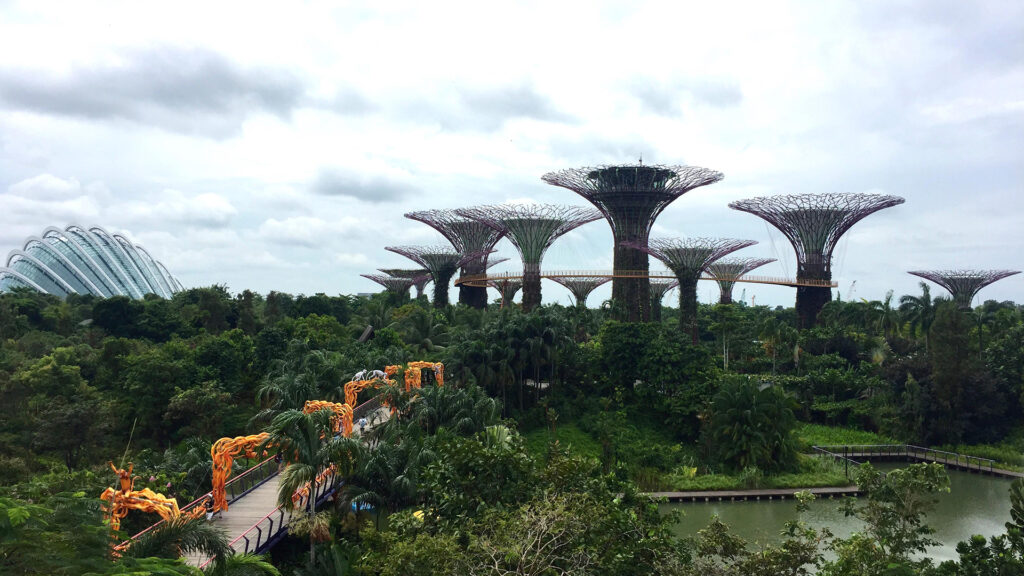
Reconnecting with nature cannot be separated from reconnecting with each other
The Case for Nature is about embracing both the economic and intrinsic arguments for protecting and restoring nature. Those intrinsic arguments are just as strong as they have always been.
I have been heartened by the number of events, experiences, and conversations I’ve been a part of that have focused on how we relate to the natural world and the philosophies and worldviews that might guide us now.
Reconnecting with nature cannot be separated from reconnecting with each other and with a wider sense of shared responsibility and belonging.
As we look ahead to the future, I’m hopeful that we can continue charting a path forward that values the natural systems that sustain us within the economic systems that too often constrain us, while seeing ourselves as less separate from the rest of nature and daring to reimagine our very relationship with the natural world.
A positive manifesto for regenerating our planet through the power of natural capital
’Eloquent, informed and inspiring: a must-read for all those who care about the planet’ – Isabella Tree, Sunday Times-bestselling author of Wilding
The Case for Nature sets out with powerful clarity how protecting nature is both the right thing to do, and in our economic interests; how, taking a cue from a range of indigenous worldviews, nature must be woven into our modern societies, not set apart. Siddarth Shrikanth, an expert in green investing, introduces the pioneers of the nature-positive revolution, and gives us the tools to understand how we can work with, not against, our living planet.

